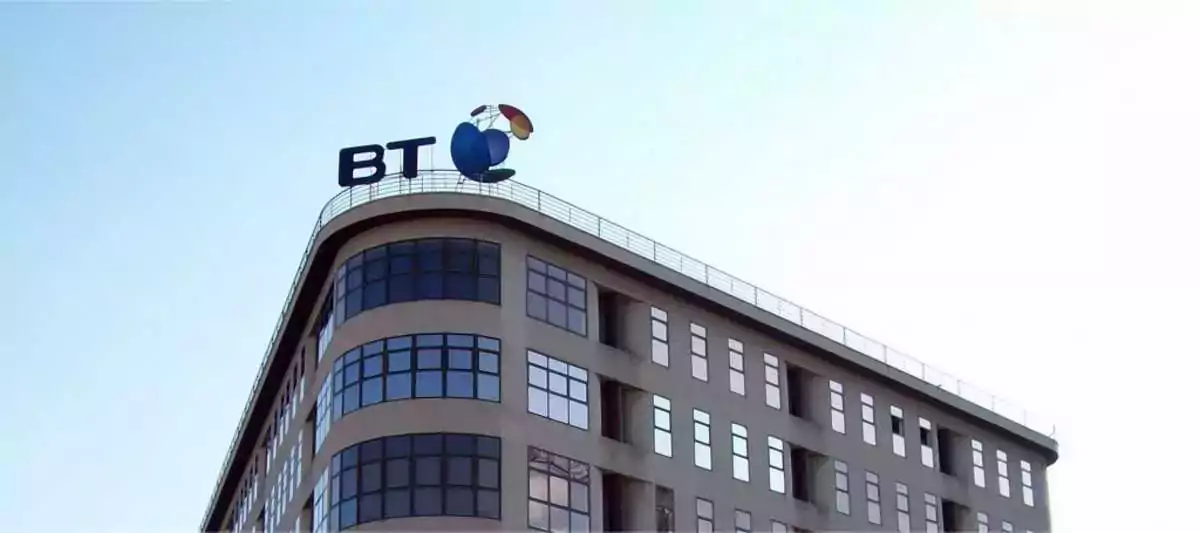BT has announced that, further to its statement on 24 November 2014, it has entered into an exclusivity agreement with Deutsche Telekom and Orange in relation to BTs possible acquisition of all of their UK mobile business, EE.
The period of exclusivity will last several weeks allowing BT to complete its due diligence and for negotiations on a definitive agreement to be concluded.
Interestingly, the deal with EE at £12 billion will be costlier than with O2 at £9.4 billion, even though EE will boast a larger customer base, so it looks like BT have settled for optimum performance over cost.
EE is also armed with the latest reports from Ofcom and RootMetrics that rate it as the number one in UK mobile networks in terms of data speeds, messaging and call performance. EEs French and German owners are reported to have different views in terms of the company’s future, an issue that may weigh over the negotiations.
The proposed acquisition would enable BT to accelerate its existing mobility strategy whereby customers will benefit from innovative, seamless services that combine the power of fibre broadband, wi-fi and 4G. BT would own the UK’s most advanced 4G network, giving it greater control in terms of future investment and product innovation.
While continuing these exclusive discussions, BT will progress its own plans for providing enhanced fixed-mobile converged services for businesses and consumers, in line with previous announcements. It remains confident of delivering on these plans should a transaction not take place.
The key headline terms, which are non-binding, include a purchase price of £12.5bn for EE on a debt/cash free basis. The consideration for EE will be payable as a combination of cash and new BT ordinary shares issued to both Deutsche Telekom and Orange.
Following the transaction, Deutsche Telekom would hold a 12% stake in BT and would be entitled to appoint one member of the BT Board of Directors. Orange would hold a 4% stake in BT. In considering the financing of the cash element, BT has a range of options and is mindful of the importance of maintaining a conservative financial profile.
BT expects significant synergies mainly through network and IT rationalisation, back-office consolidation and savings on procurement, marketing and sales costs. In addition, BT expects to generate revenue synergies through selling fixed-line services to those EE customers who do not currently take a service from BT, and by accelerating the sale of converged fixed-mobile services to BT’s existing consumer and business customers.
The exclusivity agreement does not require the parties to enter into a transaction and there can be no assurances that one will occur. If a transaction is agreed, approval by BTs shareholders will be required as a condition of the purchase.



